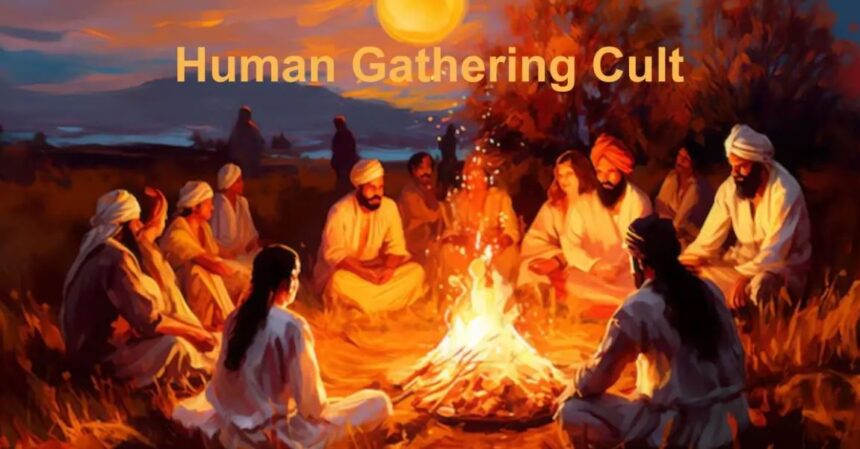Human gathering cult, often referred to as communal or cult-like groups, have intrigued sociologists, psychologists, and the general public for decades. These groups typically form around shared beliefs, practices, or experiences that set them apart from mainstream society. This article explores the nature of these cults, their characteristics, and the psychological and social dynamics involved in their formation and operation.
What is a Human Gathering Cult?
A human gathering cult is a collective that usually has a charismatic leader, a unique belief system, and a strong sense of community among its members. These groups often gather regularly, sometimes in secluded locations, to engage in rituals, discussions, or other activities that reinforce their shared beliefs.
Characteristics of Human Gathering Cult
- Charismatic Leadership: Most cults are led by a figure who possesses significant charm and authority. This leader often claims special knowledge or insight, which can attract followers.
- Distinct Beliefs: Cults typically promote beliefs that differ significantly from societal norms. These beliefs may include unique interpretations of religion, spirituality, or personal development.
- Strong Community: Members often form deep connections with each other, creating a sense of belonging that can be difficult to find outside the group.
- Isolation from Society: Many cults encourage members to distance themselves from family, friends, and mainstream culture, fostering a strong in-group mentality.
- Ritualistic Practices: Regular gatherings, rituals, or ceremonies reinforce group identity and commitment among members.
Examples of Human Gathering Cult
| Cult Name | Beliefs/Practices | Notable Leader |
|---|---|---|
| The People’s Temple | Social justice, communal living | Jim Jones |
| Heaven’s Gate | Spiritual ascension, extraterrestrial life | Marshall Applewhite |
| The Moonies | Unification of all religions, world peace | Sun Myung Moon |
| The Branch Davidians | Literal interpretations of the Bible, apocalyptic beliefs | David Koresh |
Psychological Dynamics in Cults
Cults can attract individuals for various psychological reasons. Understanding these factors can shed light on why people might choose to join or remain in a cult.
Vulnerability and Attraction
- Need for Belonging: Individuals seeking community and connection may find solace in cults, especially if they feel alienated from mainstream society.
- Search for Meaning: Many people join cults during times of personal crisis or existential questioning, hoping to find answers to life’s big questions.
Control Mechanisms
- Love Bombing: New members often experience intense affection and acceptance, which can create a powerful bond and a sense of belonging.
- Fear and Manipulation: Cult leaders may use fear tactics to control members, such as threatening punishment or ostracism for those who question the group.
Exit Challenges
Leaving a cult can be incredibly difficult due to the deep emotional and social ties formed. Members may fear rejection, loss of identity, or even physical harm.
Legal and Social Implications
The existence and practices of human gathering cults raise various legal and social concerns. These include issues of personal freedom, abuse, and public safety.
Legal Concerns
- Freedom of Belief: In many countries, cults operate under the right to freedom of belief. However, when practices become harmful, legal action may be taken.
- Child Welfare: Many cults raise concerns regarding the welfare of children, particularly if they are raised within a highly controlled environment.
Social Impact
- Stigmatization: Cult members often face stigma from society, which can complicate their reintegration after leaving.
- Awareness and Education: Increased awareness and education about cult dynamics can help prevent vulnerable individuals from falling prey to manipulative groups.
Conclusion
Human gathering cult represent a complex intersection of community, belief, and psychological manipulation. Understanding their dynamics can empower individuals to recognize the signs of cult-like behavior and make informed choices. It is essential to approach this subject with compassion and awareness, as those involved may be seeking genuine connection and purpose in a world that often feels isolating.




